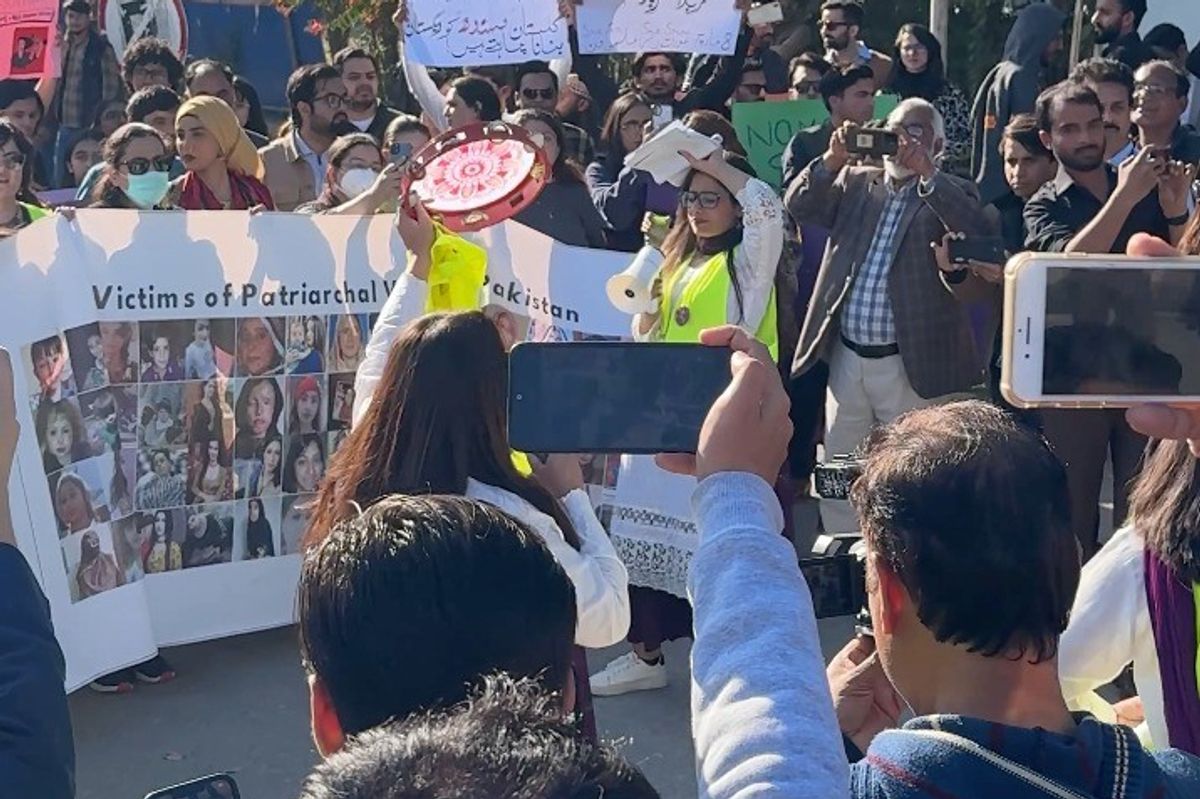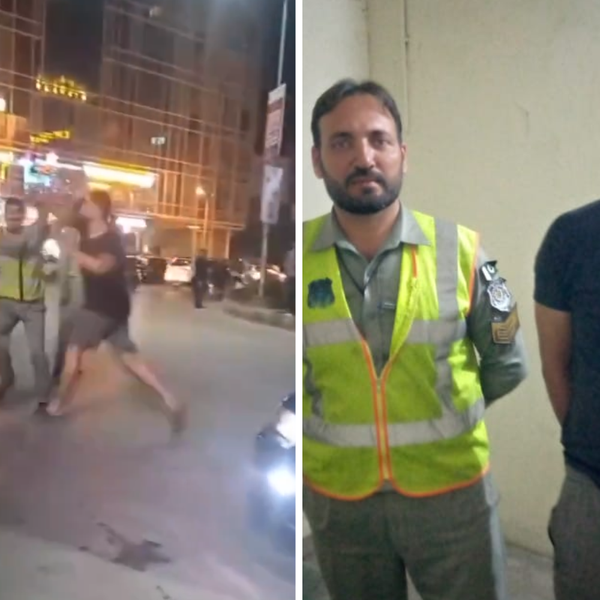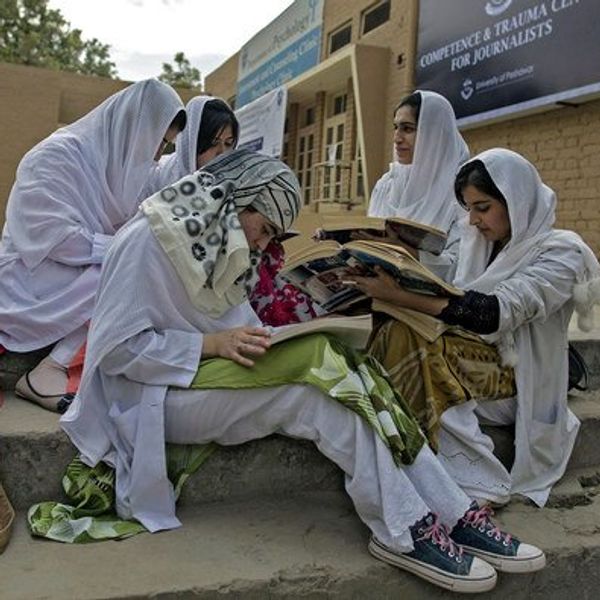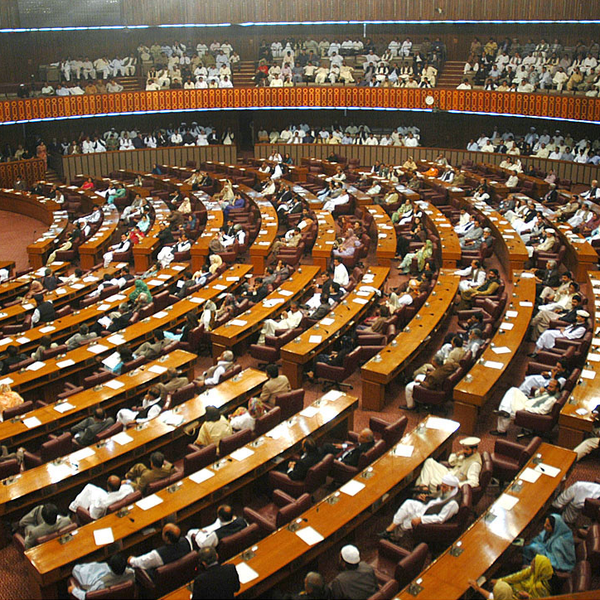Authorities charge women’s rights rally organizers, counter-protesters in Islamabad
Farzana Bari led the women’s rights rally, while Bilal Rabbani and Abdul Shakoor led a counter-protest attempting to disrupt the march
Ali Hamza
Correspondent
Ali; a journalist with 3 years of experience, working in Newspaper. Worked in Field, covered Big Legal Constitutional and Political Events in Pakistan since 2022. Graduate of DePaul University, Chicago.

Aurat March organizers stage a protest in Islamabad on March 8, 2025.
Nukta
Authorities in Islamabad filed cases on Saturday against both the organizers and opposers of a women's rights march that took place in Islamabad earlier this month, on March 8.
The protesters and the counter-protesters have been booked under multiple sections of Pakistan's law, including the Peaceful Assembly and Public Order Act 2024, which carries a penalty of up to three years in prison, a fine, or both.
The Aurat March is an annual rally held on International Women’s Day advocating for gender equality and women’s rights in Pakistan. The march has sparked controversy, with conservative groups opposing its slogans and demands.
According to a First Information Report (FIR) filed by Islamabad City Magistrate Ghulam Murtaza Chandio, both groups violated Section 144, which bans public gatherings without official permission and failed to obtain a No Objection Certificate (NOC) from the district administration.
The FIR also cites Section 188 of the Pakistan Penal Code (PPC), which pertains to disobeying public orders, and Section 341, which addresses the obstruction of movement.
The report states that Farzana Bari, a rights activist, led the women’s rights rally on March 8 outside the National Press Club in Islamabad with around 100 to 150 protesters.
Meanwhile, Bilal Rabbani, president of Muslim Tulaba Mahaz, and Abdul Shakoor, joint secretary of the Islamic Nazriati Party, led a counter-protest with 50 to 60 participants attempting to disrupt the march. The demonstrations caused a roadblock on Shaheed-e-Millat Road, according to the FIR.
‘Weaponizing laws to suppress dissent’
Speaking to Nukta, Farzana criticized the authorities for targeting women’s rights activists.
"It’s ironic that an FIR was registered against us for marching for women’s rights on International Women's Day,” she said. "There are multiple organizers of the event, yet I am being singled out."
She accused the government of misusing Section 144 to suppress peaceful assembly.
"These laws that silence dissenting voices will ultimately harm the state. Sindh, Balochistan, and the working class are all protesting for their fundamental rights—the state cannot silence them all," she said.
She further alleged that despite applying for an NOC well in advance, authorities refused to grant one and instead blocked roads and cordoned off the protest area.
"We held a peaceful march, and no illegal activity took place," she said, adding that police themselves had set up tents in the area before the march.
Counter-protesters deny confrontation
Meanwhile, Bilal Rabbani, leader of the counter-protest, dismissed the FIR as baseless, highlighting the 12-day delay in its filing.
"The FIR claims the incident took place on March 8, yet it was registered on March 20—that is the first flaw in this frivolous case," he told Nukta.
Rabbani said his group was protesting for the release of Dr. Aafia Siddiqui and against atrocities faced by women in Palestine, Syria, Burma, and Indian-administered Kashmir. He denied any confrontation with the women’s rights rally, despite his ideological opposition to it.
"We are against the march because it does not represent women’s rights. It belittles men, mocks Islamic values, and distorts our cultural traditions," Rabbani said.
When asked whether his group had obtained an NOC for their protest, Rabbani responded, "We applied, but the administration did not issue it."










Comments
See what people are discussing